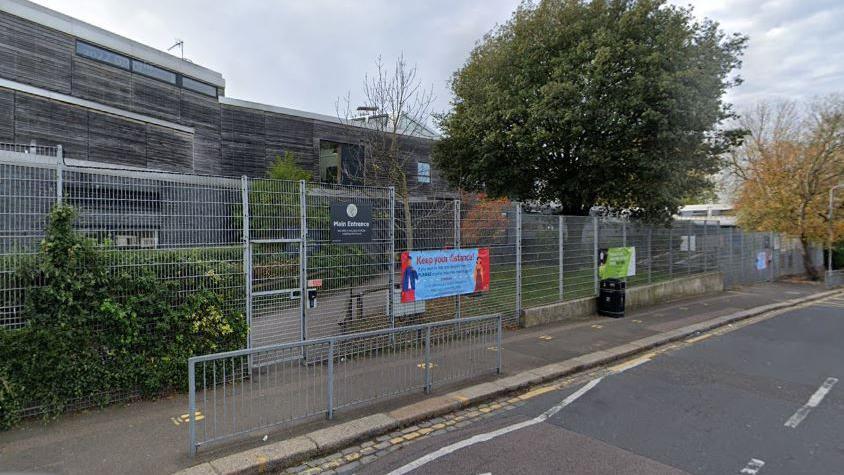London Tube drivers to strike over pay
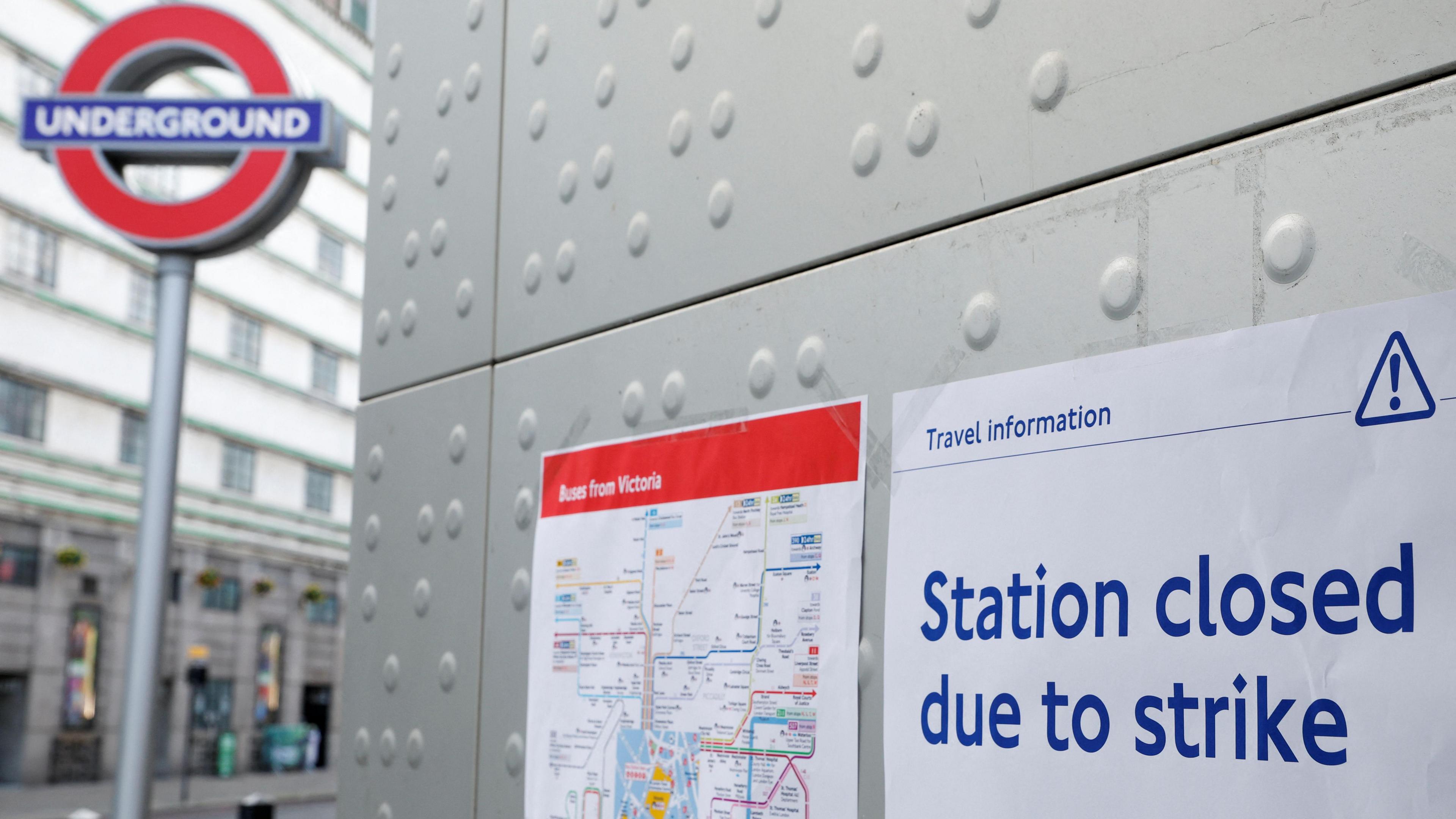
Aslef members are set to strike on different days in November
- Published
London Underground train drivers are set to strike next month in a dispute over pay, the Aslef union has announced.
As well as Tube drivers, instructors, management grade staff and those in the engineering section are to take action. The Rail, Maritime and Transport union (RMT) has also announced industrial action by its members next month.
Aslef said train operators and management grade staff would strike on 7 and 12 November, and those in the engineering section for 24 hours from 18:00 GMT on 1 November.
Transport for London (TfL) said the action by Aslef and the RMT was "disappointing" but it remained engaged with the unions.
'Lower salary than other drivers'
Finn Brennan, Aslef’s full-time organiser on London Underground, said: "We don’t want to go on strike – we don’t want to make travelling in and around the capital more difficult for passengers and we don’t want to lose a day’s pay – but we have been forced into this position because [London Underground] management won’t sit down properly and negotiate with us."
The union said its Tube train driver members "overwhelmingly" backed taking industrial action, with 98.8% voting in favour on a turnout of 68%.
Aslef is seeking a pay agreement with London Underground, which has offered a 3.8% pay rise and a variable lump sum.
Mr Brennan said the offer would leave members on a lower salary than drivers on other TfL services, such as the Elizabeth line and Overground.
Different groups of staff will also not be working any overtime at various times in November.
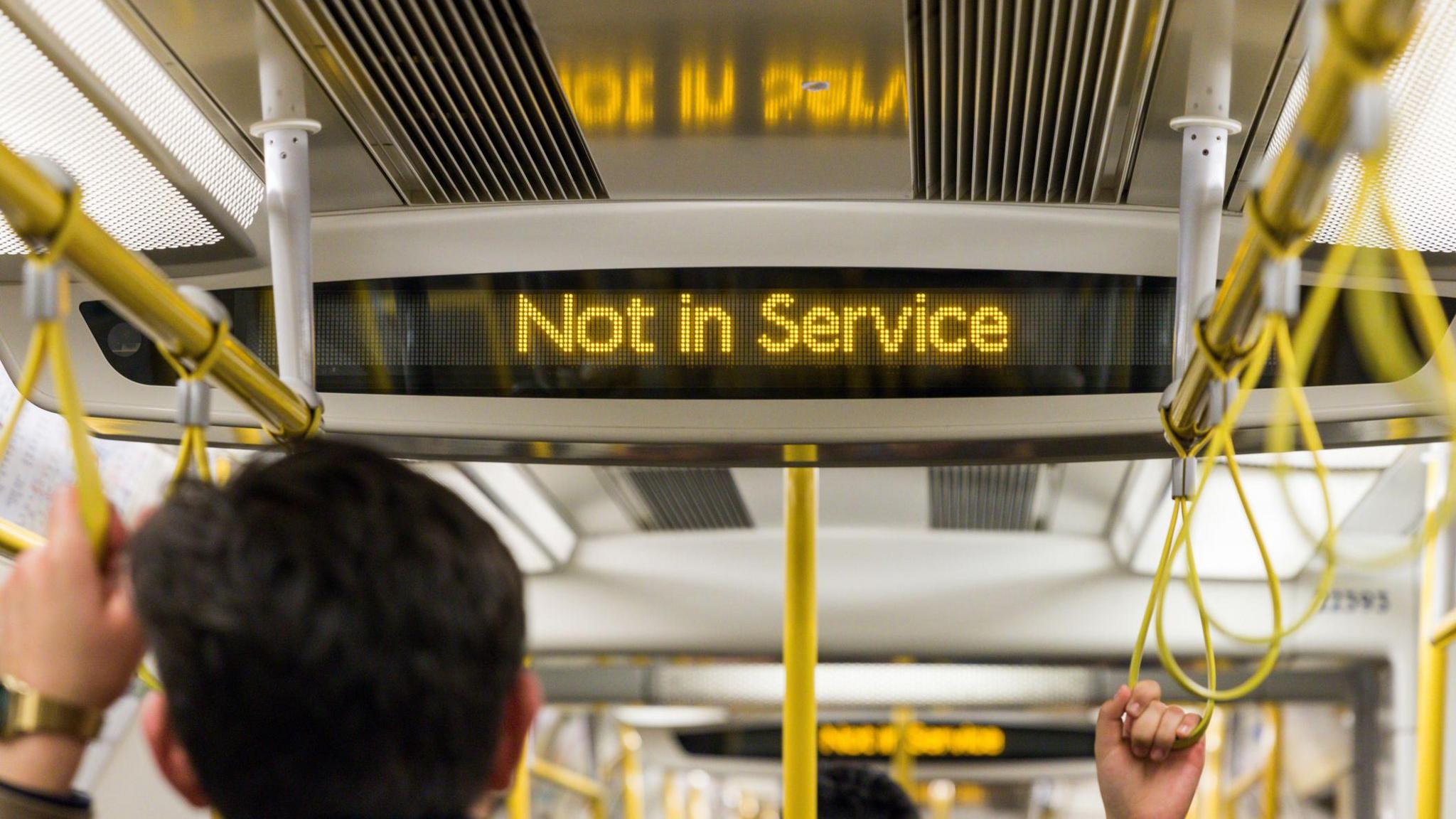
The RMT also announced that its members, including signalling and station staff, would walk out on different days between 1 and 8 November after rejecting a "wholly inadequate" pay offer.
The union said some progress was made in negotiations, but maintained that the current proposal left a large number of staff excluded from collective bargaining.
RMT general secretary Mick Lynch said: "London Underground's pay offer falls short of what our members deserve. It threatens to remove collective bargaining for a growing portion of staff, pushing them into pay bands that are decided solely by management. This undermines our members' rights and the core principles of fair negotiation.
"No trade union can accept any pay proposal where management decide which of our members gets a pay rise and those who do not."
Strikes will start on 1 November by maintenance workers and continue with different union members including signalling and station staff from 6-8 November.
The RMT said about 10,000 of its members were involved in the dispute, adding that it remained ready to engage in talks - but that a "fair and fully consolidated" pay offer must be put forward.
Offer 'fair and affordable'
A TfL spokesperson said: "We have held several constructive discussions with our trade unions and, after considering their feedback, have made a revised offer with an average uplift of 4.6%, which rewards our staff for their hard work and benefits the lowest-paid staff the most."
They said talks had been conducted in "good faith" and further meetings would take place next week.
"Our offer is fair for our people and affordable for London, and we urge our unions to continue working with us to support London and the wider economy,” the spokesperson added.
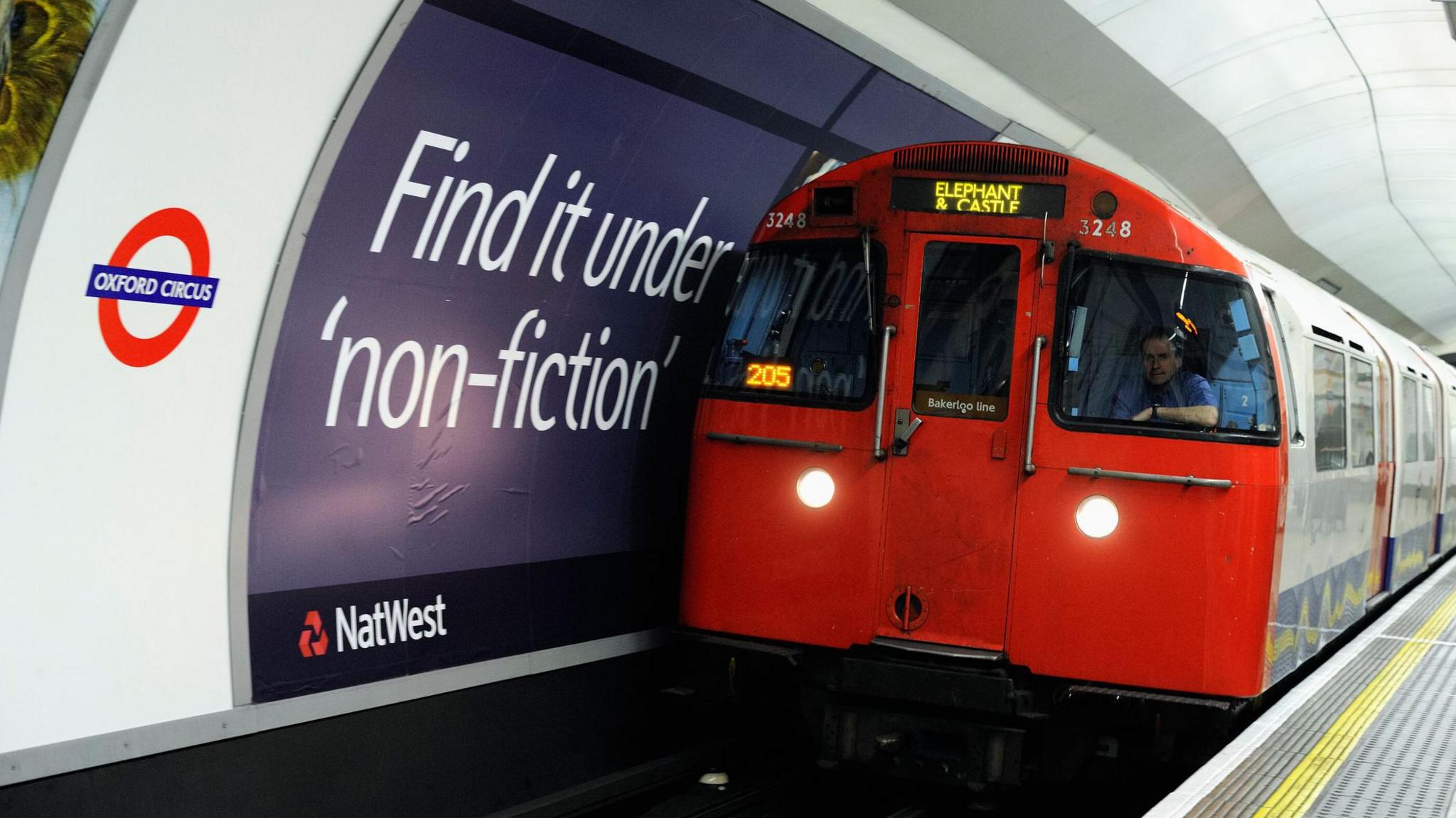
Pay talks do tend to follow this pattern, BBC London's transport correspondent Tom Edwards writes.
Commuters will hope that during the upcoming talks the dispute is resolved.
Otherwise on the days Aslef train drivers go out there will be little if no service on the Tube.
On the days of the RMT strikes there could be a service but it would be limited and heavily disrupted.
Listen to the best of BBC Radio London on Sounds and follow BBC London on Facebook, external, X, external and Instagram, external. Send your story ideas to hello.bbclondon@bbc.co.uk, external
- Published11 October 2024
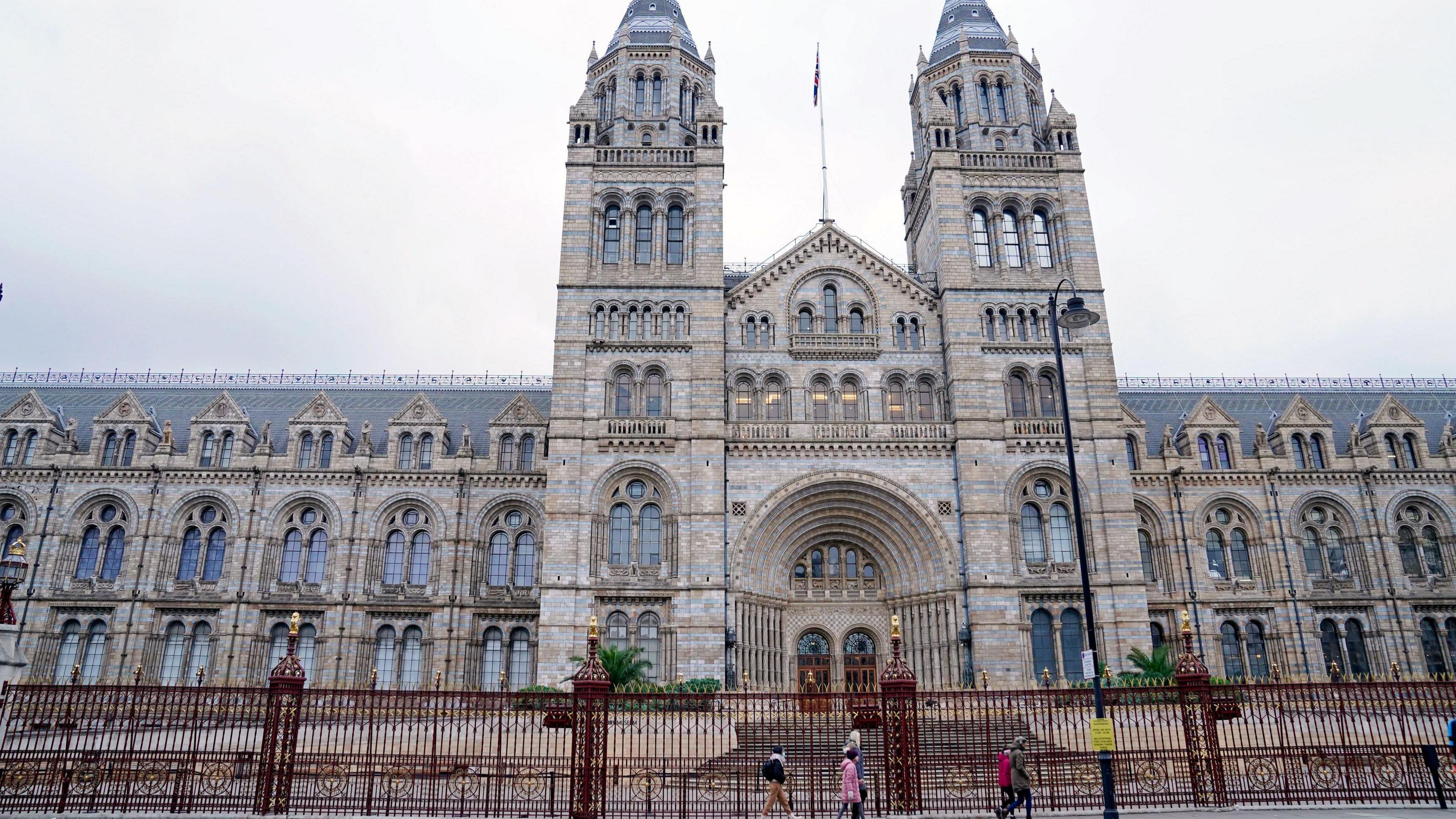
- Published11 September 2024
